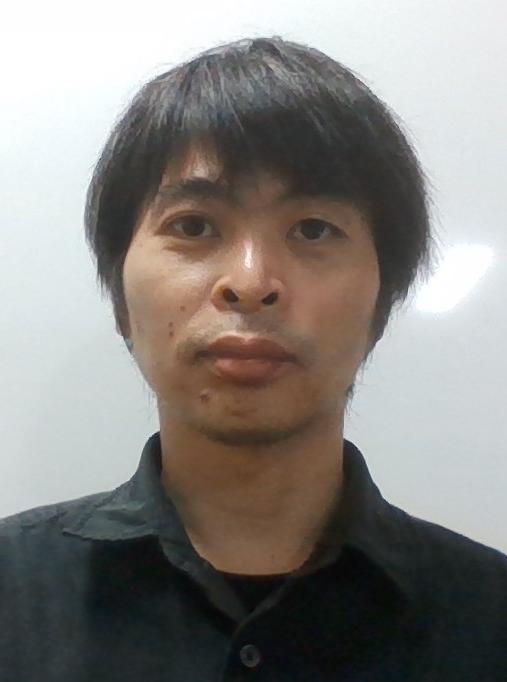Planetary climates and critical thinking in STEAM education
PosterScience Topic: Planetary Climate
5th Shaw-IAU Workshop
Wednesday Nov. 29, 2023
UTC: 9 a.m. - 10:30 a.m. America/New_York: 4 a.m.- 5:30 a.m.
, UTC: 5:30 p.m. - 7 p.m. America/New_York: 12:30 p.m.- 2 p.m.
, Thursday Nov. 30, 2023
UTC: 12:30 p.m. - 2 p.m. America/New_York: 7:30 a.m.- 9 a.m.
, UTC: 6:30 p.m. - 8 p.m. America/New_York: 1:30 p.m.- 3 p.m.
, Friday Dec. 1, 2023
UTC: 8 a.m. - 9:30 a.m. America/New_York: 3 a.m.- 4:30 a.m.
, UTC: 10 a.m. - 11:30 a.m. America/New_York: 5 a.m.- 6:30 a.m.
When the discussion of planetary climate is used in education, it is often stressed that the importance of conservation of the global environment and the survival of humankind is important. Considering that the timescale of astronomy is longer than the timescale of human existence, academic discussions and educational ideas do not necessarily match. There are also efforts to incorporate the perspective of environmental ethics into STEAM education. When seriously trying to incorporate ethical and philosophical perspectives into STEAM education, there are times when we think about the pros and cons of human survival. Although this material is effective in training critical thinking, it should be considered carefully, especially in the context of primary and secondary education.
Biography:
Tamazawa is a project researcher at the Institute of Industrial Science, University of Tokyo. He has conducted interdisciplinary research on astronomy and the universe, collaborated with researchers in philosophy, ethics, and history, and jointly wrote books and papers. At current workplace, He is conducting research on STEAM education.





